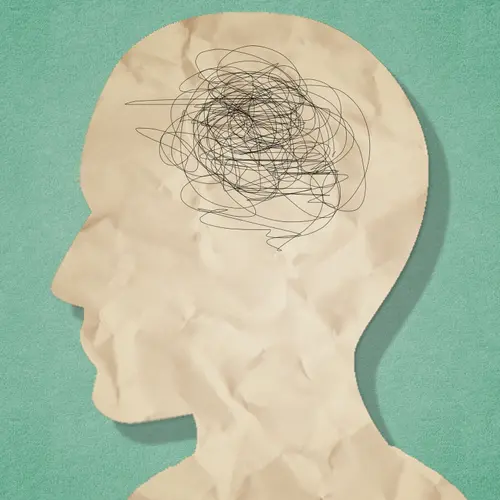Several conditions may be confused with, or appear along with, ADHD. Those suspected of having ADHD should have a complete evaluation, including a physical examination, to help determine exactly what is contributing to the problematic behaviors.
Among the possible causes of ADHD-like behavior are:
- A sudden life change (such as a traumatic event, a divorce, a death in the family, or moving)
- Undetected seizures
- Thyroid problems
- Lead toxicity
- Sleep problems
- Anxiety
- Depression
- Learning disabilities
- Drug or alcohol use
It is also quite common for other medical conditions to occur along with ADHD. In fact, it has been estimated that nearly 75% of adults with ADHD have another condition that complicates the diagnosis and management of the ADHD. For example, some studies have shown:
- Mood disorders, like depression and bipolar disorder, exist in 19% to 37% of adults with ADHD.
- Anxiety problems exist in 25% to 50% of adults with ADHD.
- Alcohol abuse exists in 32% to 53% of adults with ADHD.
- Other types of substance abuse, including marijuana and cocaine use, occur in 8% to 32% of adults with ADHD.
- Twenty percent of adults with ADHD also have learning disabilities, particularly problems like dyslexia.
For children with ADHD, academic difficulties are common. Other problems among children include:
- Learning disabilities; data from the 1997-98 National Health Interview Survey suggests roughly half of children ages 6-11 may also have a learning disorder.
- Conduct and oppositional defiant disorder which manifest as disruptive or even criminal behavior
- Depression and anxiety
- Relationship problems with peers; estimates are as high as 21% of the number of children with ADHD (versus 2% of children without ADHD) whose behavior interferes with friendships. This may result in depression, anxiety, substance abuse problems, and delinquency as teenagers.

